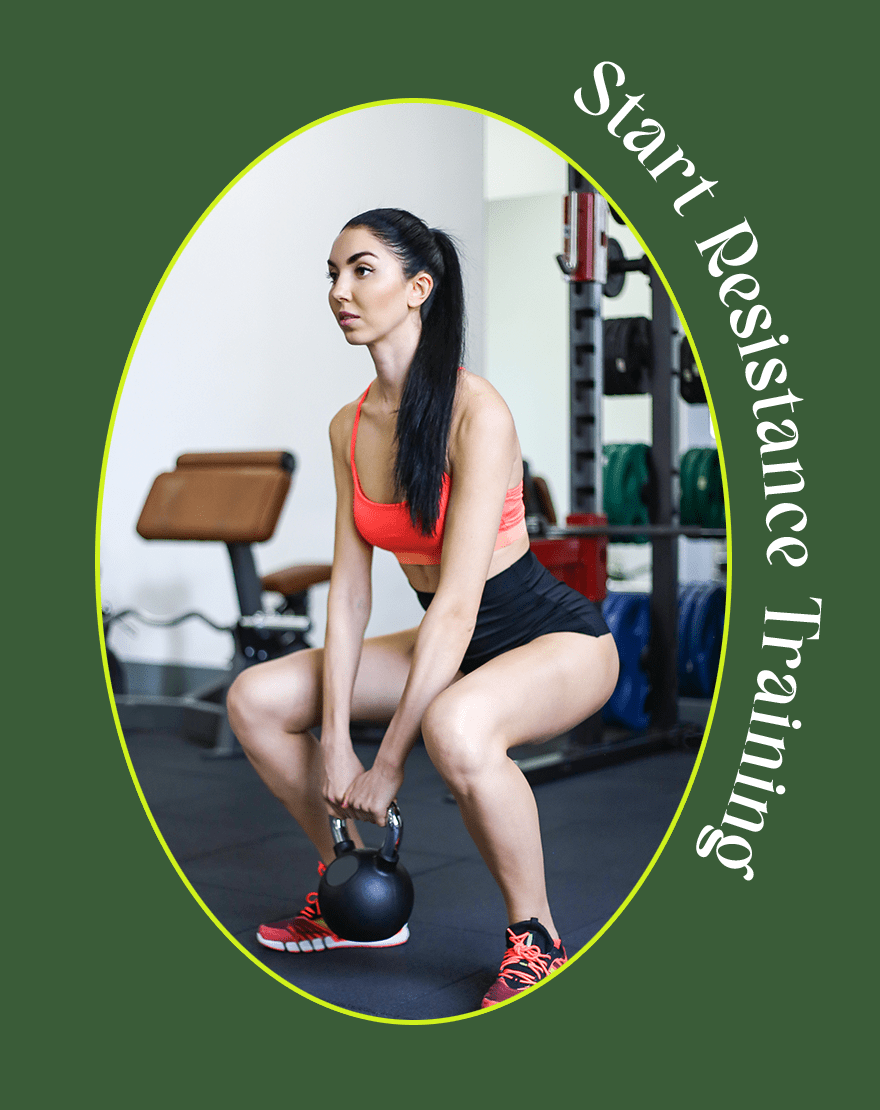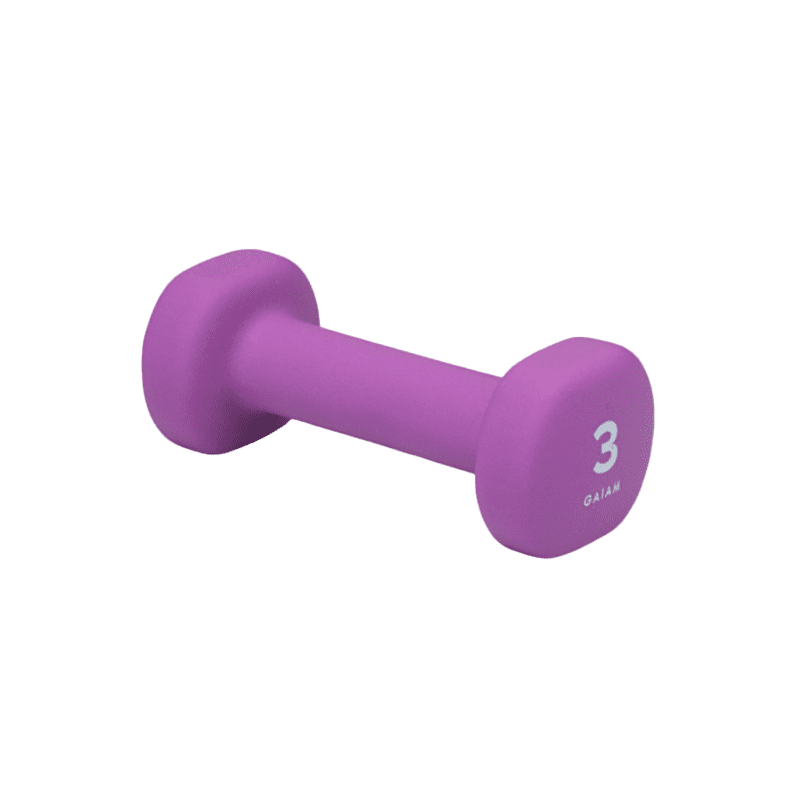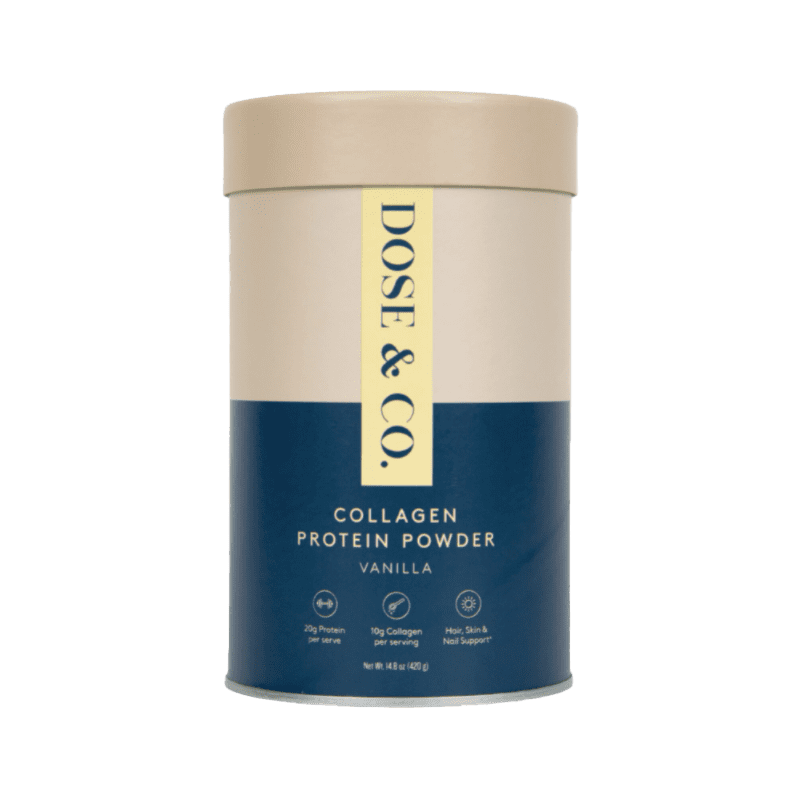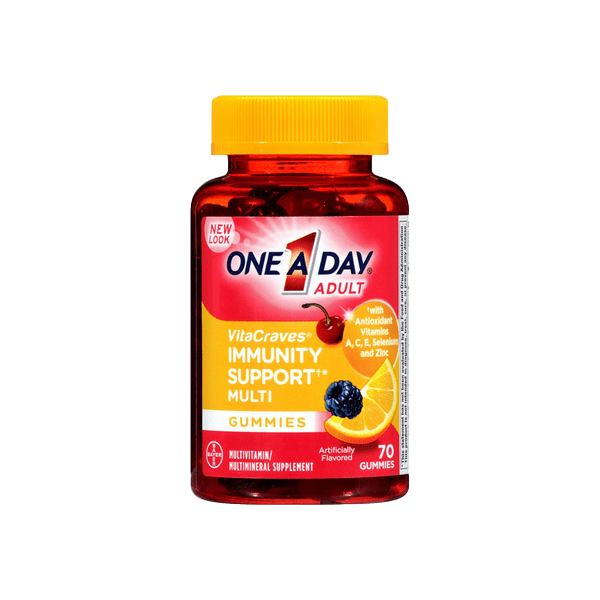
Exercises That Can Support Immune Health
These Workout Moves Can Actually Support Your Immune Health

It's no surprise that regular exercise is good for you: Like eating your veggies, it's one of those healthy habits that we all know we should do.
What you might not realize is the impact that physical activity can have on your immune health. According to Bespoke Treatments' Daniel Giordano, PT, DPT, CSCS, regular exercise can help improve circulation, which in turn supports the immune system. "By improving circulation, immune system cells will be able to move freely throughout your body in order to be effective and efficient," he said. "Circulation may also help flush bacteria out of your airways and lungs, which can reduce your chance of getting an infection."
Giordano recommends between 45 minutes and an hour of exercise three to five days per week. In particular, Giordano recommended three types of exercise to support your immune system.

Taking a half-hour walk every day is an easy way to make sure you're getting moving, Giordano said. Plus, walking 30 minutes at a brisk pace can help support your immune system. "According to a study published in Medicine & Science in Sports & Exercise, just 30 minutes of brisk walking significantly increases natural killer cells [cells that protect the body against illness and disease] and several types of white blood cells, all of which are critical components of the immune system's protective framework," Giordano said.

Giordano also said that resistance training with weights can boost circulation. He suggested full-body movements with dumbbells, like squat thrusters. Stand with your feet hips-width apart, holding one dumbbell in each hand at the top of your shoulder. Drop into a squat, then press the dumbbells into an overhead press as you stand up.

Jumping and hopping workout moves can also stimulate blood flow and improve circulation, Giordano said. He recommended bodyweight moves like skater hops, squat jumps, and jumping jacks to get your heart rate up and keep the blood pumping.
In addition to sticking to a regular workout schedule, Giordano said taking good care of yourself in all aspects of your life can support your immune health. Start by taking a closer look at your diet. "Our cells need nutrients to grow and work, which is why a healthy balanced diet full of fruits, vegetables, and proteins will help your immune system," he said. "If you suspect that your diet is not providing all of your nutrient needs, consider taking a multivitamin or mineral supplement."
Finally, Giordano said getting enough rest is a key part of staying healthy. "Sleep is more important than people believe," he said, noting that some research suggests that not getting a full night's sleep can increase your risk of catching a cold. Not giving yourself rest days in between workouts or exercising when you feel rundown can also put extra stress on your body, Giordano said. "Don’t exercise if you are feeling sick (fever, fatigue, or widespread muscle aches) or with symptoms below the neck such as chest congestion, a hacking cough or upset stomach," he said. It's all about balance and moderation — even where exercise is concerned.

